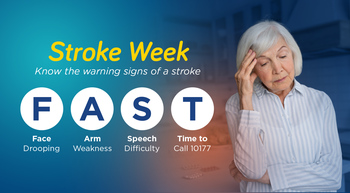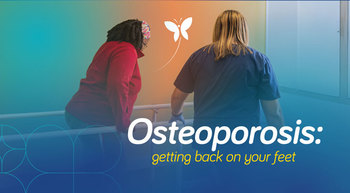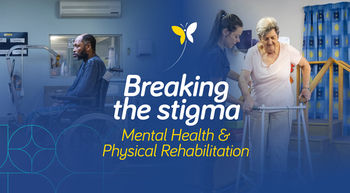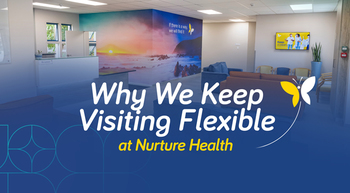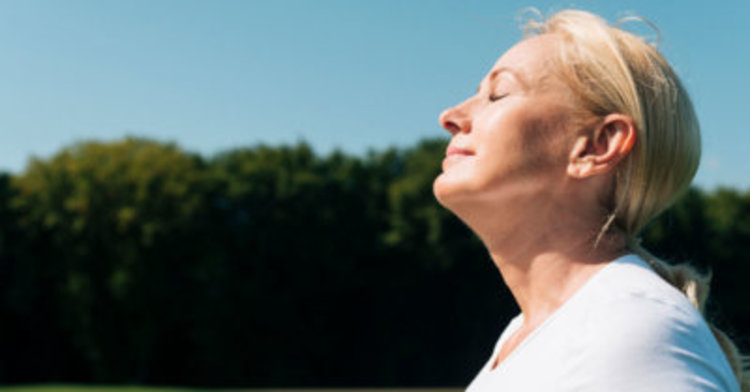
Mindful?
Mindfulness as we know it has been making its way around social media more than ever, but is in fact a practice that has been a way of being for many people for a very long time. So what is it? Being mindful is paying attention to what’s going on inside and outside of ourselves as it is happening.
It’s the idea of kind attention, shining a spotlight on all areas of ourselves that are hard to see and accepting them, as difficult as it may be to do. It’s the understanding that our thoughts and actions today shape who we will be tomorrow. It’s also the understanding that every single moment holds an opportunity for growth and development.
Our experiences shape us, mould our brain, and determine who we are going to be tomorrow as said in the TED talk ‘Self-Transformation Through Mindfulness’ by Dr David Vago. Or as said by Shauna Shapiro in her aptly-named TED talk ‘The Power of Mindfulness: What You Practice Grows Stronger’. Every single moment holds an opportunity to practice.
How do you start to cultivate this awareness and insight into your mental habits and emotional states? How do you start to identify your triggers and impulses, to a point where you are able to allow an emotion to arise and pass without the impulse to act?
Mindfulness opens the opportunity to change the way you perceive yourself and the world. It starts with a few moments a day, with an act as simple as breathing. Spend a moment feeling what itis like to breathe. The feeling of the air as it enters and leaves your nose, the feeling of your chest expanding and contracting, the sound of your breathing. Try to focus on nothing else for a few moments, and if you find yourself becoming distracted simply try to bring yourself back without judgement or being hard on yourself. That right there is mindfulness. Then try applying it to everyday situations such as cooking, eating, listening to music, playing, showering, sleeping, or even walking. Try to focus on the sensations you feel as they’re happening, and if your mind wanders try and refocus on what you’re doing as you’re doing it.
Eventually, with sustained practice mindfulness is an effective life skill in reducing stress and anxiety by reducing over-thinking and negative thought patterns, lessening fear and avoidance, improving concentration by constantly refocusing our attention throughout the day, communicating better, building stronger relationships, and it can even aid in sleeping a lot more soundly.
The key is sustained practice. Just like you couldn’t realistically expect to develop washboard abs after doing 10 sit-ups, you can’t expect to experience the benefits of mindfulness without putting in the time and effort.
It starts with a breath.


